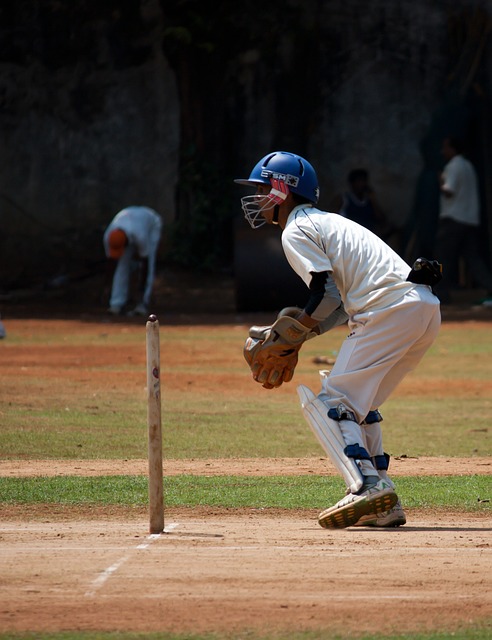The Role of Sleep Hygiene in Cricket Performance and Recovery: All panal.com, Laser247 com, Yalo247
all panal.com, laser247 com, yalo247: Cricket is a sport that demands peak physical and mental prowess from its players. From the explosive power needed for fast bowling to the focus required for batting, every aspect of the game hinges on the player’s ability to perform at their best. One often overlooked factor that plays a significant role in cricket performance and recovery is sleep hygiene.
Sleep hygiene refers to the habits and practices that promote good sleep quality and overall health. In the context of cricket, where matches can last for days and players need to be at their optimal level throughout, sleep hygiene becomes crucial. Let’s delve into how prioritizing sleep hygiene can positively impact cricket performance and recovery.
1. Consistency is Key
Consistent sleep patterns are essential for cricket players to maintain their energy levels and cognitive function. Going to bed and waking up at the same time every day helps regulate the body’s internal clock, ensuring that players are well-rested and alert during matches.
2. Create a Relaxing Bedtime Routine
Establishing a bedtime routine that helps players unwind and relax before sleep is vital. This can include activities like reading, meditating, or listening to calming music. Avoiding screens and stimulating activities before bed can also promote better sleep quality.
3. Optimize Bedroom Environment
Creating a sleep-conducive environment is crucial for quality rest. A cool, dark, and quiet bedroom with a comfortable mattress and pillows can significantly improve sleep quality. Players should also ensure proper ventilation and minimal distractions in their sleeping space.
4. Monitor Sleep Duration and Quality
Tracking sleep duration and quality can provide valuable insights into a player’s overall well-being. Tools like fitness trackers or sleep monitoring apps can help players understand their sleep patterns and make necessary adjustments to improve rest.
5. Proper Nutrition and Hydration
Good nutrition and hydration play a vital role in sleep quality. Players should avoid heavy meals close to bedtime and opt for sleep-promoting foods like nuts, seeds, and dairy products. Staying hydrated throughout the day can also help regulate sleep patterns.
6. Regular Exercise
Regular exercise can improve sleep quality and overall performance. Cricket players should include physical activity in their daily routine but avoid vigorous exercise close to bedtime, as it can interfere with sleep.
By prioritizing sleep hygiene, cricket players can enhance their performance on the field and expedite recovery after intense matches. Adequate rest is crucial for physical and mental well-being, and players need to recognize the role of sleep in optimizing their game.
FAQs:
Q: Can napping help improve cricket performance?
A: Short naps can be beneficial for cricket players, especially during long matches or periods of intense training. However, players should avoid napping close to bedtime to prevent disruption of normal sleep patterns.
Q: How many hours of sleep do cricket players need?
A: The recommended amount of sleep for adults is 7-9 hours per night. Cricket players should aim for this range to ensure optimal performance and recovery.
Q: How can jet lag affect cricket players’ performance?
A: Jet lag can disrupt players’ sleep patterns and lead to fatigue, decreased alertness, and poor performance. Players traveling across time zones should adjust their sleep schedules gradually to minimize jet lag effects.
In conclusion, sleep hygiene plays a crucial role in enhancing cricket performance and aiding recovery. By incorporating good sleep habits into their routine, players can optimize their physical and mental well-being, ultimately leading to improved performance on the field. Prioritizing rest is not just about getting enough sleep; it’s about setting the stage for success in every aspect of the game.






